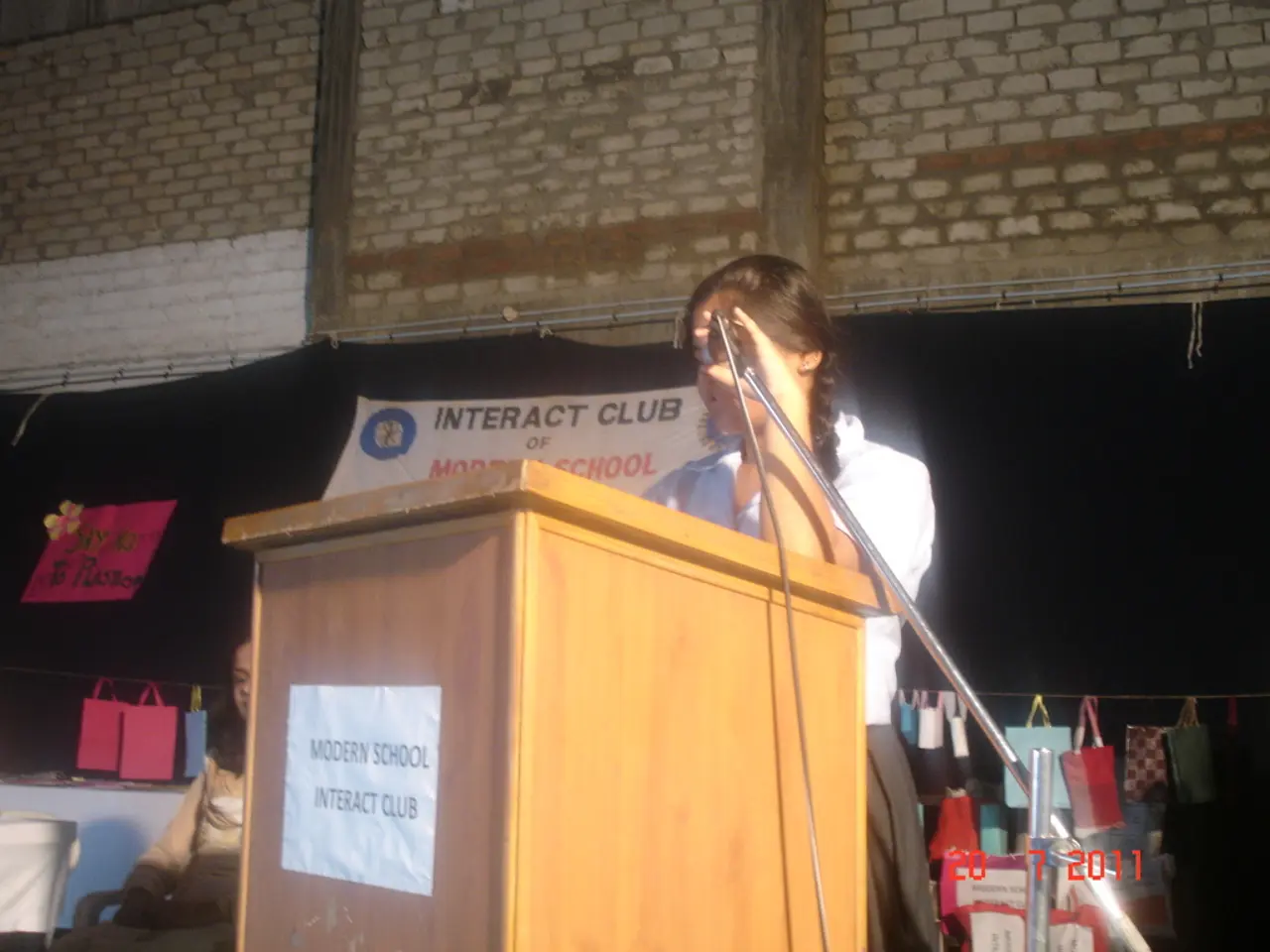Trump issues caution to Putin, implying potential repercussions
The international community is bracing for a crucial meeting between US President Donald Trump and Russian President Vladimir Putin in Anchorage, Alaska. The current stance on the Ukraine conflict is marked by deep divisions and cautious diplomacy, with Russia insisting on negotiations based on the 2022 Istanbul framework.
Russia's proposed framework, which includes Russian veto power over Western military aid to Ukraine, forbids Ukraine joining NATO, limits Ukraine’s military capabilities, and treats Russia as a neutral guarantor, would effectively neuter Ukraine’s defenses, allowing Russia to dominate Ukrainian security policy. However, Ukraine and its Western and European supporters strongly reject these conditions, emphasizing that no peace deal can include restrictions on Ukraine’s armed forces or its sovereignty.
European leaders, including Ukrainian President Volodymyr Zelenskyy, have demanded that Ukraine and the EU be included in any negotiations, warning against any deal made solely between the U.S. and Russia. Zelenskyy has expressed readiness for a lasting peace but firmly states that Ukraine will not cede its land to Russia.
Key points being discussed for a potential resolution include the necessity of a ceasefire or at least a significant reduction of hostilities before meaningful territorial negotiations can proceed, the question of security guarantees for Ukraine that are credible and robust, and whether a bilateral meeting between Putin and Zelenskyy will take place. There is also skepticism about Trump mediating further trilateral talks due to "areas of disagreement."
Russia is also reportedly seeking to gain allies like India to mitigate secondary sanctions, while continuing military attacks on Ukrainian civilian targets and infrastructure. Meanwhile, the US and Europe have continued to support Ukraine, including providing lethal aid and industrial investments to bolster Ukraine’s defense capacity.
As the international community watches the Anchorage meeting unfold, there are concerns that Trump and Putin could agree on territorial concessions from Ukraine to Russia, a move that would be met with fierce opposition from Ukraine and its Western and European allies. The challenge for the meeting lies in bridging these fundamentally opposing positions, with key issues focusing on security guarantees, inclusion of Ukrainian and European parties, and steps toward de-escalation of the conflict.
In a bid to maintain unity, the European core group, including Chancellor Friedrich Merz (CDU), António Costa (EU Council President), Mark Rutte (NATO Secretary-General), Ursula von der Leyen (EU Commission President), Giorgia Meloni (Italian Prime Minister), and Alexander Stubb (Finnish President), have consulted in a soundproof secure room in the Chancellor's Office. Merz has expressed hope for movement and peace in Ukraine ahead of the meeting, but has also warned that if there's no progress in Alaska, the US and Europe must increase the pressure on Russia.
The dinner with Zelensky and his team took place in the Chancellor's apartment on the eighth floor of the Chancellor's Office. Zelensky has referred to his country's constitution, which does not allow territorial concessions. Ukraine is ready for negotiations on territorial questions, with the contact line as the starting point.
As the world waits for the outcome of the Anchorage meeting, one thing is clear: the future of Ukraine remains deeply intertwined with the geopolitical dynamics of the region, and any resolution to the conflict must respect Ukraine's territorial integrity and sovereignty.
- The ongoing deliberations regarding a potential resolution to the Ukraine conflict have encompassed matters of war-and-conflicts, politics, and policy-and-legislation, with the international community expressing concerns about territorial concessions from Ukraine to Russia.
- The future of Ukraine's geopolitical standing is intensely connected to discussions around security guarantees, inclusion of Ukrainian and European parties, and de-escalation of the ongoing conflict – key issues that have been the focus of international negotiations.






